Dundee isn’t just famous for jute, jam, journalism and its stunning waterfront – it’s also a powerhouse in the video game industry.
Home to some of the most creative minds and innovative studios, the city has birthed iconic games that have captivated players globally like Lemmings or the legendary Grand Theft Auto series.
But what makes a computer game successful?
The Courier spoke to the co-founder of award-winning Dundee video game company Bit Loom Games.
Their family friendly work features in Game On – the world’s largest interactive exhibition of video games at the National Museum of Scotland in Edinburgh.
Dundee-based James Morwood, 29, was part of the team behind double-headed dog puzzler Phogs!
It was crowned champion of Abertay University’s inaugural Dare Academy games design competition in 2017.
The two-player game unusually uses one controller to move a double-ended dog, making for a collaborative experience that anyone can enjoy.
Imaginative storytelling and creativity at heart of Dundee video game industry
James thinks the appeal of Dundee computer games lies in their unique blend of imaginative storytelling, cutting-edge technology, and, let’s not forget, unmistakable charm.
“I started teaching myself a bit of programming in high school to make games with a friend of mine,” said James, explaining how he first got into gaming while growing up in the Borders.
“We ended up going to study at Abertay together. Just as we were graduating in 2017, we were all talking about what we wanted to do.
“Two of my friends that I now work with said ‘oh we are thinking about trying to make a small company – would you be interested?’
“We basically decided we would make a game idea together.”
Decision to enter Dare Academy games competition at Abertay University
James said they decided to enter the Dare Academy games competition at Abertay.
The game they came up with was called Phogs! – named after a combination of physics and dogs!
“The idea was that you and a friend would play the game together,” he said. “It’s co-operative, and you control this long double headed dog character.
“We were really surprised when we won the competition. Off the back of that we won a small amount of money and we started a conversation with a few different publishers.
“We got fully engrossed making the game and released it in 2020”.
What’s the secret to the success of Dundee-made video game Phogs!?
Bit Loom Games is now based at the Flour Mill on Dundee’s Commercial Street where James works with colleagues Henry Pullan, who he knew from school, Douglas Flinders and Caitlin Smith. They also host special games nights.
He thinks Phogs! has “really clicked” for people who are looking for a more family-friendly co-operative experience.
The success of Phogs! allowed them to release a new free online game last year called Tray Racers.
That’s about a bunch of kids surfing down sand dunes on trays and racing each other. They are also working on other small prototypes.
Motivated by creative community
“There’s definitely something about the community side of Dundee – not just on the games side of it but creative arts in general,” he added.
“There’s so many people who come out of the universities but also people who move to Dundee who are starting small businesses in the arts. That community is really strong.
“That has been really motivating for us to see these other people who are doing their own kind of passion projects, and to be inspired by that.”
How important is it for Dundee games to be part of national ‘Game On’ exhibition?
James said it is “incredible” for Phogs! to be part of the Game On exhibition in Edinburgh.
When they first released the game, they were “so excited” for people to see it.
Since then they’ve been “amazed” to see it’s had a lasting place in peoples’ minds.
“I think it’s quite rare nowadays to see a game made by a small team that’s more focussed on a family friendly kind of non-violent way of playing,” he said.
“That’s been something we’ve always strived for which is to create these experiences that are really open to anyone.
“For that to be selected as part of this exhibition along with all these other games from huge companies is really humbling and exciting to us.”
Dundee video game history at heart of ‘Game On’ exhibition, says curator
Dr Geoff Belknap, 42, keeper of science and technology at National Museums Scotland, said Dundee features prominently in the exhibition. It has been on tour since first appearing at NMS in 2002. It aims to highlight Scotland’s role in the video games industry.
Featuring 120 playable games spanning 50 years, the exhibition is an interactive opportunity to “play your way through video game history”.
While they are highlighting both the very large game industry companies that people will be familiar with like Rockstar and 4J Studios, it also spotlights the vibrant and important independent games industry in Scotland.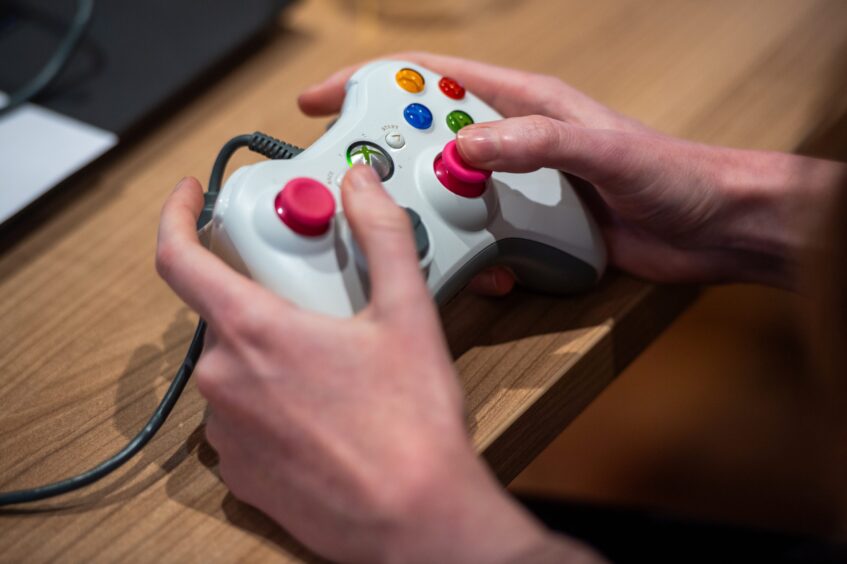
Game on exhibition is a hands-on experience for visitors. Image: Kim Cessford/DC Thomson.“Dundee has its roots in the video games industry going back to the ‘80s really,” said Geoff.
“You can trace some of the industry giants back to Dundee like Rockstar and DMA Games. The company 4J – behind Minecraft – is built out of the concept of Dundee’s 3Js – the fourth ‘J’ being the games industry.
“It has a really important long-standing root in game design, game development and the games industry. But out of that Dundee has built a very important games education industry.”
Important role of Abertay University
Dr Belknap said Abertay University is particularly strong in game design and training students up to get into the games industry.
The Game On exhibition reveals the roots and development of Scottish gaming.
He said Abertay University has been “really helpful” in supporting the exhibition. He added: “We are also grateful for the help of the independent games companies that we are representing in the exhibition that are either located in, or from or work around Dundee.”
Game On runs at the National Museum of Scotland from June 29 to November 3.
Tickets are available to book at nms.ac.uk/GameOn
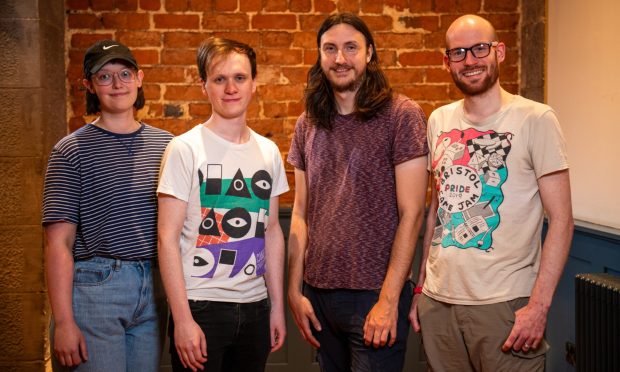
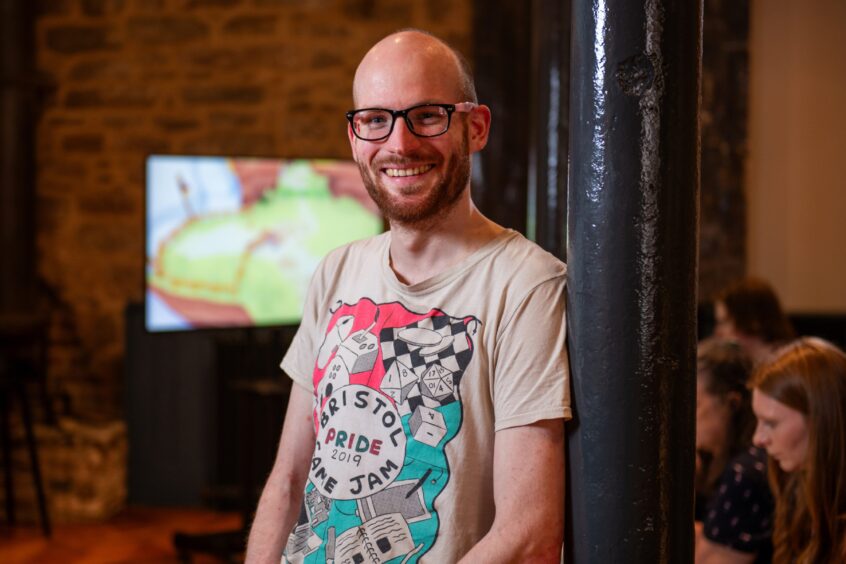
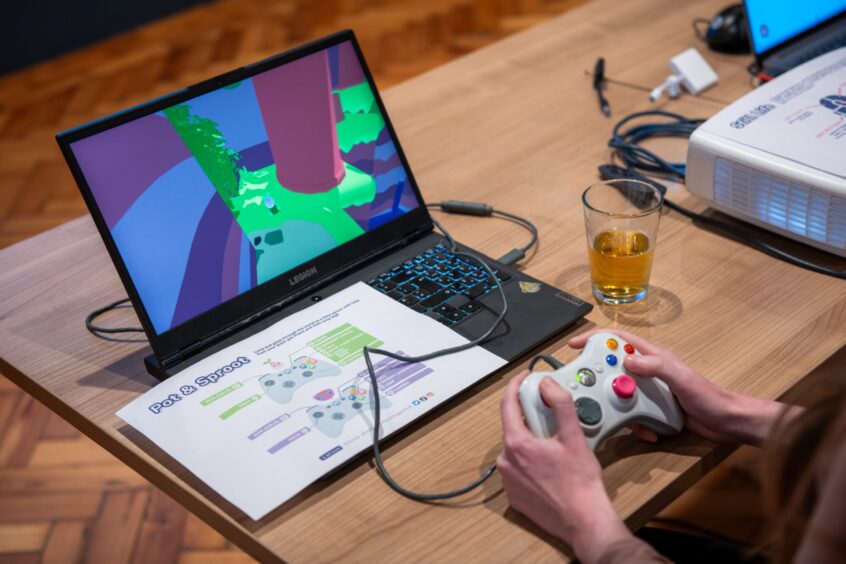
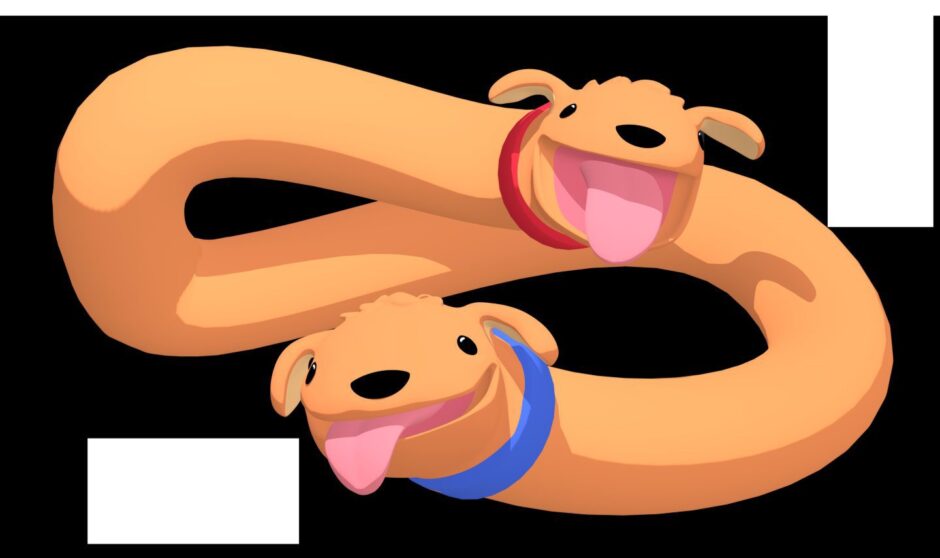
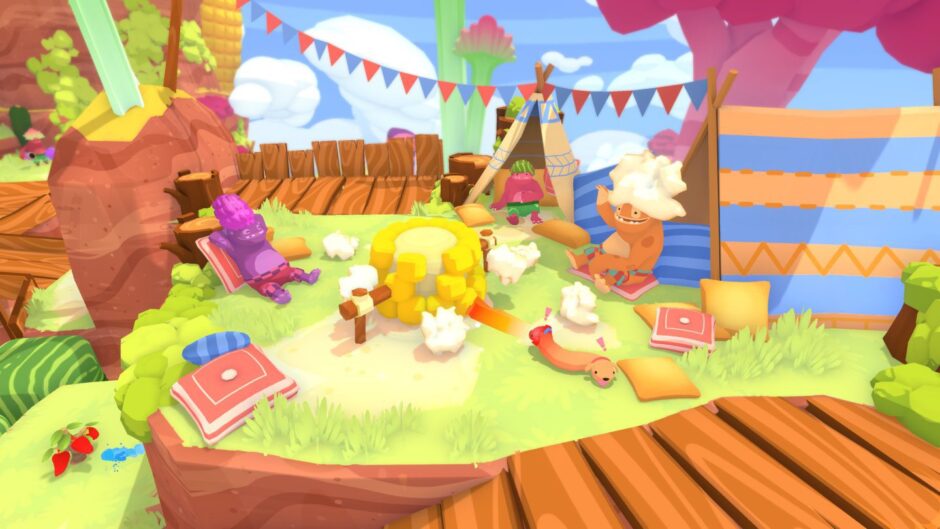
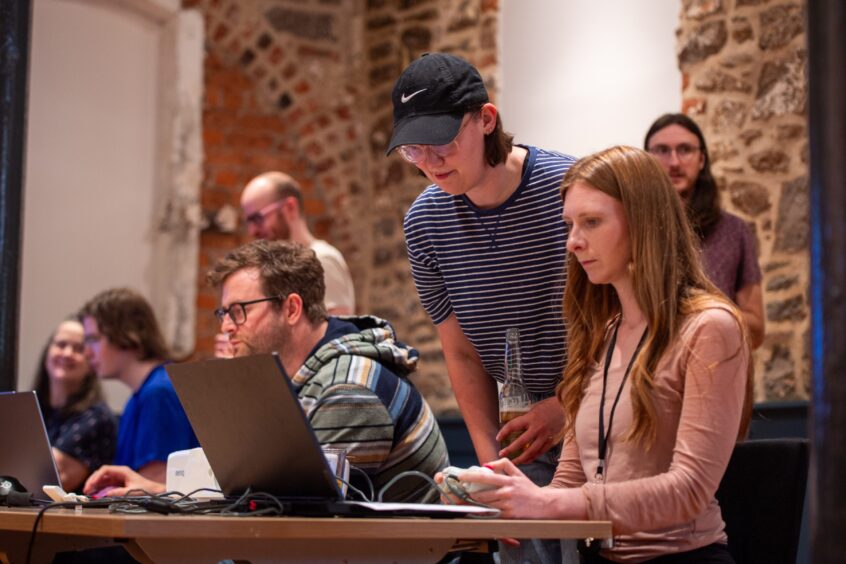
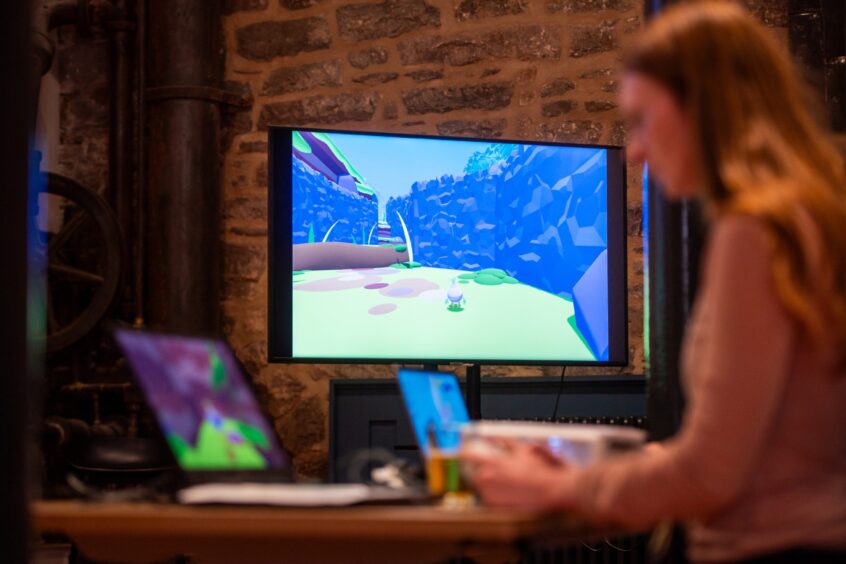
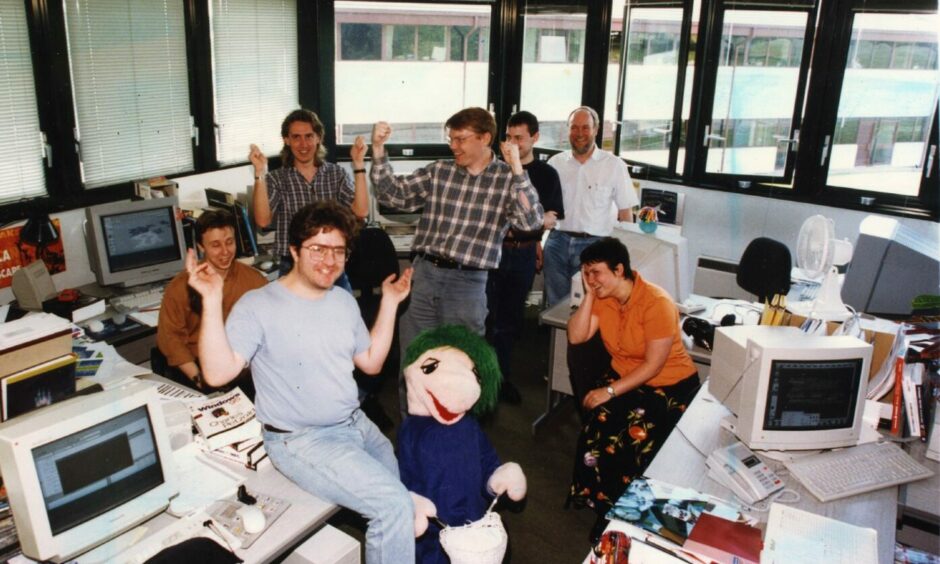

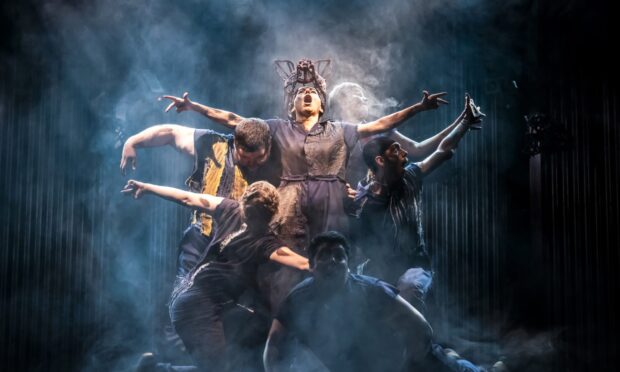
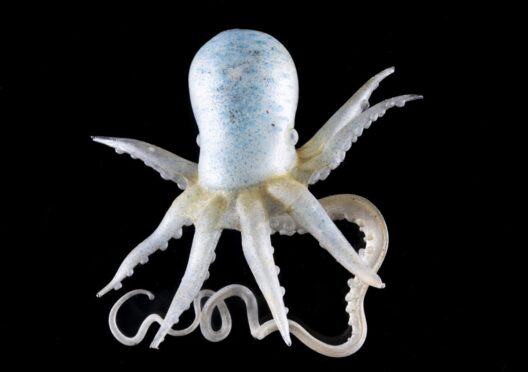


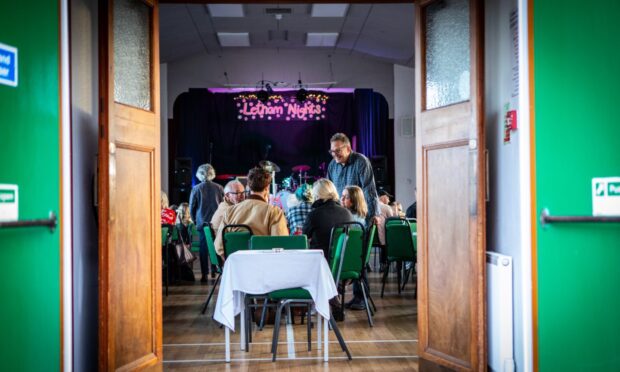



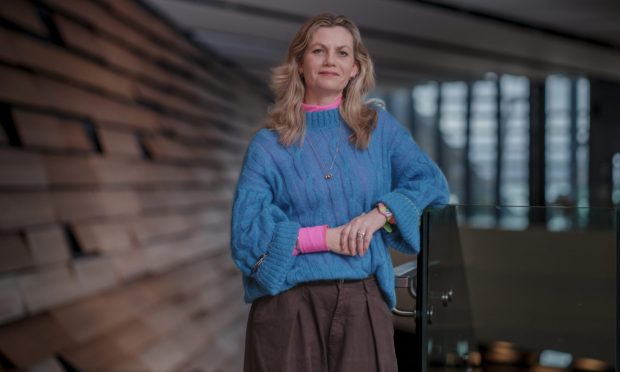
Conversation